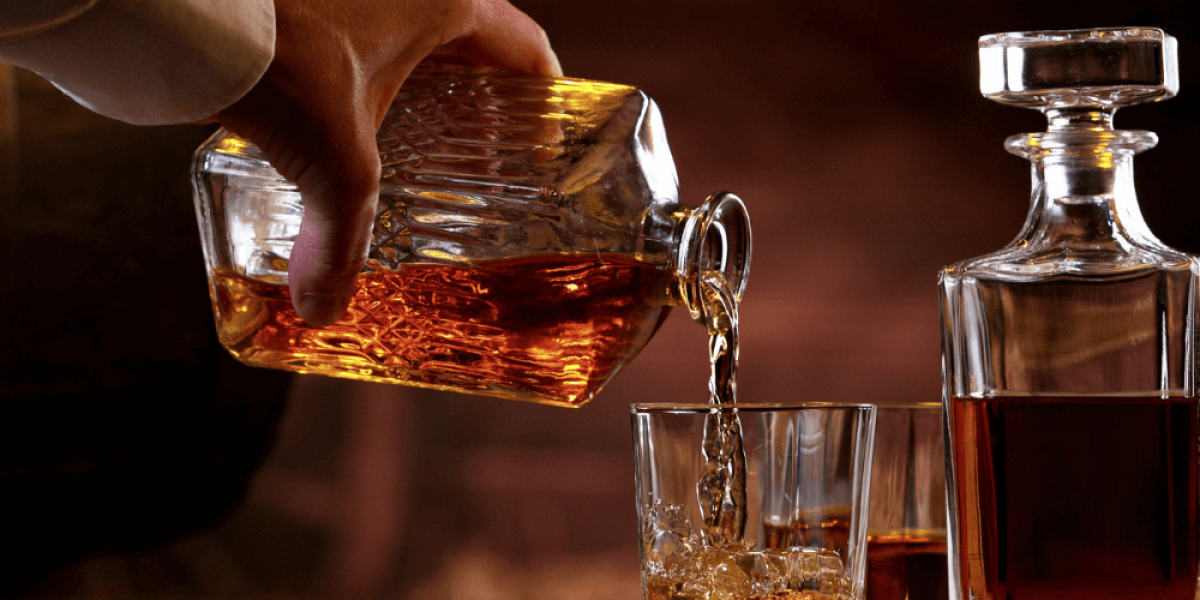
Understanding Liquor Liability Insurance: A Must for the Hospitality Industry
Liquor liability insurance is an essential safeguard for businesses within the hospitality sector, protecting against the legal and financial risks associated with alcohol service, including DUI incidents and alcohol-related accidents. For entities such as bars, taverns, caterers, and hotels, this coverage addresses specific liability risks that general policies often exclude, emphasizing how essential it is when protecting your business.
Understanding the nuances of liquor liability insurance, from comprehending dram shop laws to assessing insurance costs, is crucial for businesses aiming to mitigate liability exposures effectively. A comprehensive insurance portfolio, enhanced with this specialized coverage, empowers businesses to concentrate on delivering exceptional guest experiences while safeguarding against potential legal challenges and financial setbacks [3] [6]
Understanding Liquor Liability Insurance
Liquor Liability Insurance serves as a crucial protective measure for businesses involved in the sale, service, or distribution of alcoholic beverages. This insurance covers a wide array of incidents directly related to the consumption of alcohol on business premises:
- Legal and Financial Protections: LIquor Liability Insurance safeguards against the financial repercussions arising from damages or injuries caused by intoxicated patrons. This includes covering legal fees, settlements, and medical expenses associated with such incidents [2]
- Dram Shop Laws Compliance: Businesses are held accountable under dram shop laws for the actions of their patrons after consuming alcohol. Liquor Liability Insurance ensures compliance with these laws, protecting establishments from legal actions initiated by third-party victims or the state [1] [4].
- Coverage Scope: The insurance can cover assault and battery, property damage, and bodily injuries caused by intoxicated customers, both on and off the premises. It does not cover issues like libel, slander, damage to business property, or incidents related to underage drinking.
By integrating Liquor Liability Insurance into their risk management strategy, businesses can significantly mitigate liability risks associated with alcohol service, ensuring a safer environment for patrons and the community.
Why Your Business Needs Liquor Liability Insurance
The necessity of liquor liability insurance for businesses within the hospitality sector cannot be overstated, particularly in light of the potential for significant financial repercussions stemming from alcohol-related incidents. Key reasons include:
- High Costs of Lawsuits: Historical verdicts have demonstrated the staggering financial risks associated with alcohol-related lawsuits, with judgments reaching upwards of $40 million and $20 million respectively [1].
- Affordability of Coverage: Compared to the potential financial damages from lawsuits, the cost of liquor liability insurance is relatively low, often amounting to less per day than the price of a single alcoholic beverage [2].
- Licensing Requirements: For many establishments, securing and maintaining an on-premises alcohol license is contingent upon having liquor liability insurance, underscoring its importance not just from a financial perspective, but also for operational legality [3].
Moreover, in states like Pennsylvania, dram shop laws elevate the importance of liquor liability insurance to the same level as general liability insurance by holding alcohol vendors accountable for harm caused by intoxicated customers. This legal framework makes liquor liability insurance indispensable for protecting businesses from such incidents' financial and legal consequences.
Key Factors Influencing Liquor Liability Insurance Costs
Several key factors influence the cost of liquor liability insurance. Understanding these factors can help businesses navigate their insurance costs more effectively:
- Business Type and Venue:
- Restaurants that primarily serve food: Lower risk, resulting in lower premiums.
- Nightclubs that provide entertainment and dancing: Higher risk, resulting in higher premiums.
- Bars and Taverns that offer a mix of food and entertainment: Moderate risk, with premiums falling between restaurants and nightclubs [5].
- Location and State Liquor Laws:
- Venues in states with strict dram shop laws face higher premiums due to increased liability risk.
- Proximity to colleges or areas with a higher likelihood of serving underage patrons can also elevate risk levels [5].
- Sales and Operational Practices:
- Percentage of alcohol sales: Higher alcohol sales percentages lead to higher premiums [3]
- Risk Management: Implementing safety measures like trained bartenders and policies for dealing with intoxicated patrons can help lower rates [3] [7].
- Claims History: A history of responsible alcohol service can lead to lower rates, while a history of alcohol-related incidents can result in higher rates [8].
By carefully considering these factors, businesses can take strategic steps to manage their liquor liability insurance costs effectively.
How to Choose the Right Liquor Liability Insurance Policy
Choosing the right Liquor Liability Insurance policy requires careful consideration of various factors to ensure comprehensive coverage that meets the specific needs of your business. Here are key steps and considerations:
- Policy Type:
- Monoline Liquor Liability Coverage: Offers flexibility and a range of options for unique business needs. However, it generally comes with higher costs.
- Insurance Provider:
- Opt for insurance providers like HRC that offer both general liability and liquor liability. This not only simplifies the process but can also lead to more favorable terms and lower premiums.
- Coverage Considerations:
- Coverage Limit: Aim for a coverage limit exceeding $1,000,000 to ensure adequate protection against potential claims.
- Deductibles: Assess your liability deductibles carefully to understand your financial responsibilities in the event of a claim.
- Risk Management: Implement alcohol training for staff. Training can lower insurance premiums, reduce liability risks, and promote a safer environment for patrons and the community.
By working with a trusted and experienced insurance partner and considering these factors, businesses can navigate the complexities of liquor liability insurance and select a policy that best suits their operational and financial needs.
Conclusion
Throughout this exploration of liquor liability insurance, it's evident that such coverage is not merely an option but a necessity for businesses within the hospitality sector. From comprehending the critical aspects of dram shop laws to evaluating the cost influences, and ultimately selecting the right policy, these steps underscore the importance of liquor liability insurance in safeguarding businesses against the many legal and financial risks posed by alcohol service.
Ultimately, deciding to integrate liquor liability insurance into your business’s risk management strategy is a step toward securing its future. As we’ve seen, the stakes can be high, and the costs of not having adequate coverage far outweigh the investment in a solid insurance policy. It’s important to protect your business as soon as possible. By doing so, businesses not only adhere to legal requirements but also demonstrate a commitment to responsible service and community safety.
References
[1] https://www.landesblosch.com/blog/liquor-liability-insurance-everything-you-should-know
[2] https://helloskip.com/blog/ult...
[3] https://www.thehartford.com/bu...
[4] https://www.insurancebusinessm...
[5] https://www.amwins.com/resourc...
[6] https://www.insureon.com/small...
[7] https://fastercapital.com/topi..
[8] https://www.amwins.com/solutions/brokerage/casualty/four-factors-that-determine-pricing-for-liquor-liability-insurance-coverage_5-15
